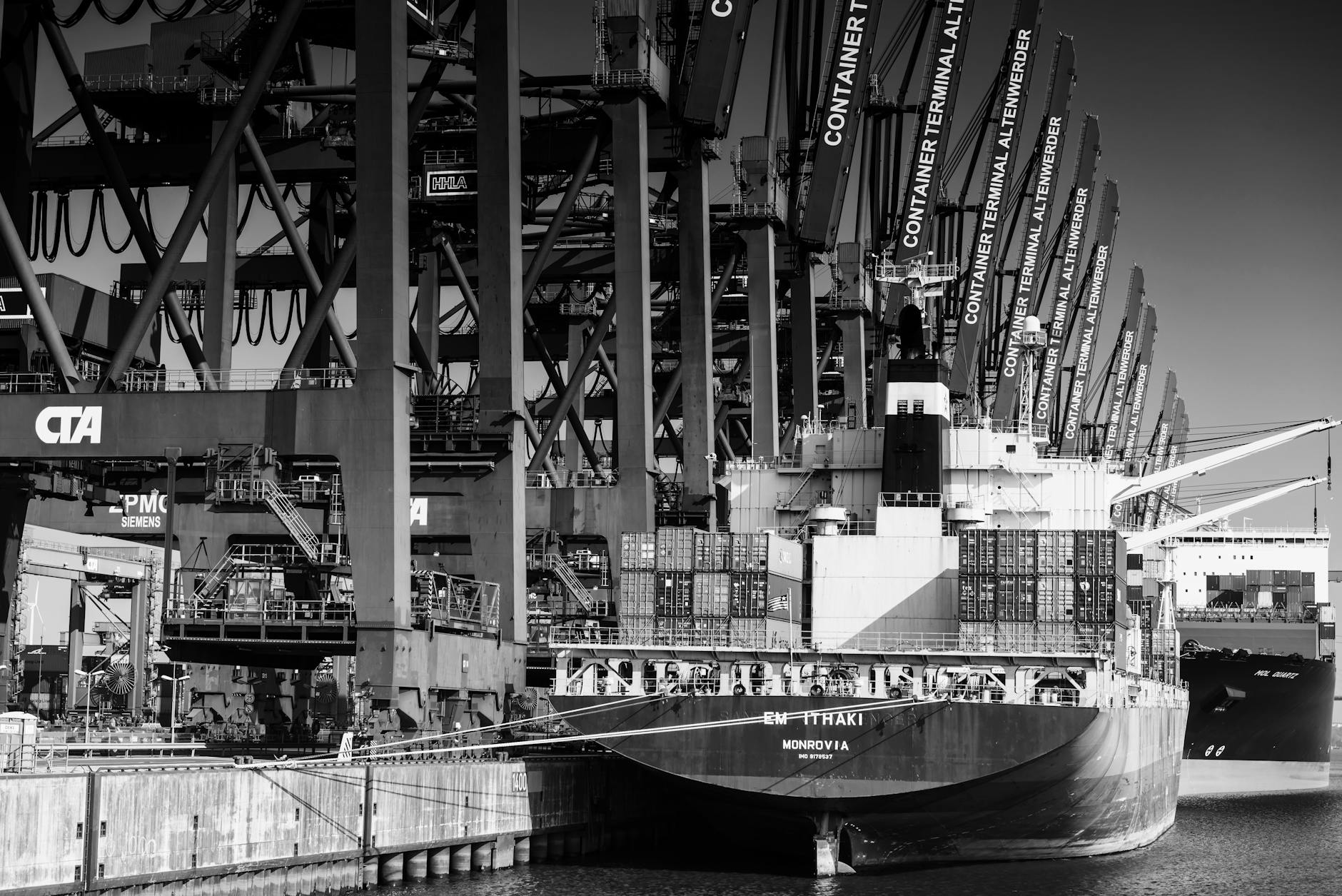Logistics Services India: A Gen Z Guide

Introduction
With the advent of e-commerce and rapid digitalization, the logistics industry in India has been undergoing a tectonic shift. The once-traditional and tedious methods of moving goods are being replaced by innovative, technology-driven solutions. As the Gen Z demographic enters the workforce and becomes a crucial consumer segment, it's essential to understand the evolution and opportunities within India's logistics sector. This guide is designed to educate and enlighten the new generation about the intricacies and future prospects of logistics services in India.
The Evolution of Indian Logistics
Historical Context
The Indian logistics industry has come a long way from its rudimentary infrastructure and bottlenecked service offerings. Historically, the industry was characterized by fragmented markets, poor transport networks, and a lack of integration between different modes of transport.
Present Scenario
Today, India is witnessing a logistics revolution. The market is becoming organized, and there is a substantial push towards seamless operations. Government initiatives like the 'Make in India' campaign, Goods and Services Tax (GST) implementation, and the Bharatmala Pariyojana (a highway development project) have provided impetus to the industry.
Technological Advancements
Technological innovations, such as the Internet of Things (IoT), Artificial Intelligence (AI), and blockchain, are enabling smarter supply chain management. Digital freight matching platforms, warehousing automation, and real-time tracking systems are just a few examples of how technology is transforming logistics in India.
Opportunities in Indian Logistics for Gen Z
Gen Z, with its tech-savvy nature and adaptability, stands at the forefront of this evolving landscape. Here are the opportunities that this generation can leverage:
Career Prospects
- Supply Chain Management: With businesses increasingly focusing on optimizing their supply chains, there is a demand for skilled professionals who can manage and streamline logistics operations.
- Data Analytics: Big Data and analytics play a critical role in predicting logistics trends and improving efficiency. Gen Z individuals with analytical skills can harness these opportunities.
- Last-Mile Delivery Innovations: As e-commerce grows, so does the need for efficient last-mile delivery solutions. Young entrepreneurs can venture into this space with innovative ideas.
Entrepreneurial Ventures
- Tech Start-ups: There's space for new apps or platforms that can solve logistics challenges unique to India, such as those involving urban congestion or rural distribution.
- Green Logistics Solutions: Sustainability is a major concern, and Gen Z can lead the charge in eco-friendly logistics practices.
- Logistics Education and Training: Starting institutes or online courses to train the next generation of logistics professionals is another realm with potential.
Social and Environmental Impact
- Reducing Carbon Footprint: Initiatives aimed at reducing emissions in logistics can contribute significantly to environmental conservation.
- Enhancing Rural Connectivity: By focusing on improving rural logistics, Gen Z can have a social impact by enabling better access to markets and services for remote communities.
Conclusion
Gen Z's influence on logistics in India will be significant in shaping the future of the industry. With a deep understanding of technology, sustainability, and global trends, this generation is well-equipped to navigate the sector's evolution. As they emerge into decision-making roles, it is crucial for this cohort to stay informed and engaged with the industry's developments, ensuring a robust and efficient logistics network for India.
Further Reading
For those interested in delving deeper into the intricacies of logistics services in India, here are some valuable resources:
- Reports: Publications from industry bodies like the Indian Brand Equity Foundation (IBEF) or business consultancies like McKinsey & Company offer detailed insights.
- Journals: Scholarly articles in logistics and supply chain management journals provide academic perspectives on the industry's trends and challenges.
- Networking: Engaging with professionals through platforms like LinkedIn or local logistics associations can help build connections and foster knowledge sharing.
Embrace the future of Indian logistics with enthusiasm and creativity, and be prepared to be a part of its transformational journey.